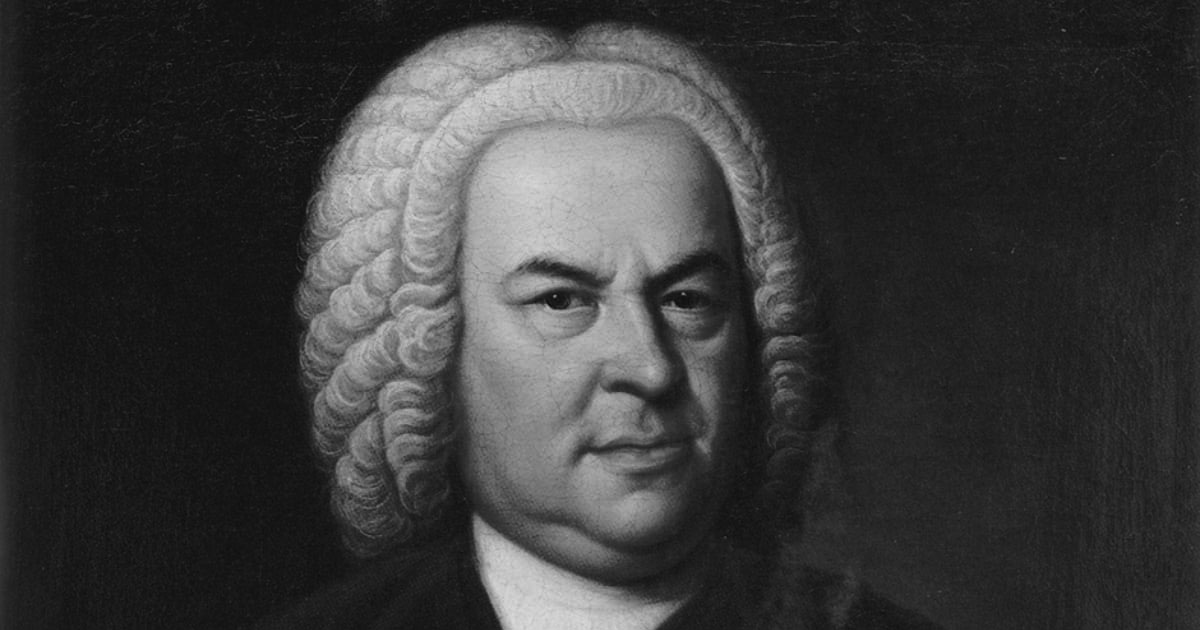The Music of Angels

The following contains excerpts from the book, The Music of Angels (Patrick Kavanaugh).
The same author as “The Spiritual Lives of Great Composers” wrote this condensed historical chronology of Sacred music, from the times of the Hebrew psalms to our present day pop styles. He focuses primarily on the history of Western art music, and the attitudes of those who created it. We encourage students in our music school in Odessa, Texas to consider the influence of Christianity on Western musical and artistic culture.
Moving through the ages, he has a number of interesting quotes from well-known names regarding music, as follows:
“Let me make the songs of a nation and I care not who makes the laws.” (Plato)
“Psalmody unites those who disagree, makes friends of those at odds, and brings together those who are out of charity with one another. Who could retain a grievance against the man with whom he had joined with singing before God?” (Ambrose, bishop of Milan)
“Music calms the emotions, awakes courage, relieves tried, moderates the passions, drives away cares, consoles in affliction, leads sinners to repentance, provokes piety, peoples deserts, gives wise instructions to the State, founds converts, incites to a chaste life, teaches love of one’s neighbor, praises charity, gives patience, affirms the Church, sanctifies the priest, banishes evil spirits, preaches the future, initiates us into the divine mysteries, and preaches the Trinity.” (Proclus, bishop of Constantinople)
It is highly inspirational and important for students in our music school in Odessa, Texas to understand the value of the ‘intangibles’ in cultural enrichment through music and the arts.
Kavanaugh states that in the Renaissance Period musicians amalgamated sacred and secular styles: “One of the most popular practices was to compose a sacred mass using a popular tune of the day.”
He cites J.S. Bach, from the Baroque Period, “Music’s only purpose should be for the glory of God and the recreation of the human spirit.”
From the Classical Period, he cites Haydn and Mozart’s deepest thoughts regarding their musical work and their relationship with God:
“Never was I so devout as when I composed ‘The Creation’. I knelt down each day to pray to God to give me strength for my work…When I was working on ‘The Creation’ I felt so impregnated with the Divine certainty, that before sitting down to the piano, I would quietly and confidently pray to God to grant me the talent that was needed to praise him worthily.” (Haydn)
“God is ever before my eyes. I realize His omnipotence and I fear His anger; but I also recognize His love, His compassion, and His tenderness towards His creatures. He will never forsake His own. If it is according to His will, so let it be according to mine. Thus all will be well and I must needs be happy and contented.” (Mozart)
“Let us put out trust in God and console ourselves with the thought that all is well, if it is in accordance with the will of the Almighty, as He knows best what is profitable and beneficial to our temporal happiness and our eternal salvation.” (Mozart)
We encourage students in our music school in Odessa, Texas to understand that much of Western art music had its origins in Christian worship.
In the Romantic Period, he cites Beethoven, Dvorak and Brahms:
As Beethoven had lost most of hearing, wrestling with how he could continue creating, he writes in his famous Heiligenstadt Testament his deepest yearnings:
“Almighty God, you look down into my inner-most soul, you see into my heart and you know that it is filled with love from humanity and a desire to do good.” (Beethoven)
“Therefore, calmly will I submit myself to all inconsistency and will place all my confidence in your eternal goodness, O God! My soul shall rejoice in Thee, immutable Being. Be my rock, my light, forever my trust!”
“Do not wonder that I am so religious. An artist who is not could not produce anything like this. Have we not examples enough in Beethoven, Bach, Raphael and many others?” (Dvorak)
“When I feel the urge to compose, I begin by appealing directly to my Maker, and I first ask Him the three most important questions pertaining to our life here in this world- whence, wherefore, whiter.” (Johannes Brahms)
Although, in the late 19th Century, Europe became increasingly secular, we hope to show students in our music school in Odessa, Texas how the Christian influence in classical music still echoes into the modern era.
Moving ahead into the 20th Century, he shows the thoughts of the modern classical composers of Igor Stravinsky and Oliver Messiaen:
“The church knew what the Psalmist knew: music praises God. Music is as well or better able to praise Him than the building of the church and all its decorations; it is the church’s greatest ornament.” (Stravinsky)
“Through Christ, the wonderful knowledge has been bestowed on us that this God, Who’s beyond Time, to whom nothing out of Time or space clings, that He Who is completely different from everything and is contained in Himself- that He came in order to suffer with us.” (Messiaen)
Along with the history of Western art music, Kavanaugh shows the history of Gospel Music and Hymnology in America, from Mahalia Jackson, to Andre Crouch, to CCM artists.
In conclusion, Kavanaugh looks to the future of sacred music. He believes that “The end result will be a massive blending of styles” and that “most audiences will certainly expect more and more performers to be able to produce a wide variety of music.” He also believes that “Heightened musical standards will necessitate more formal training of future musicians. Unlike the early days of popular music, more artists will have degrees in music, often graduate degrees.” He believes that “The most successful Christian musicians in the future will be those who can effectively communicate the human element. As our society becomes increasingly isolated and separated by the technology that brings music to our homes, we will desire Christian musicians with whom we can relate on a very human and personal level.”
These are thoughts we endeavor to convey to students in our music school in Odessa, Texas, regardless of their individual spiritual journeys.
It is truly inspiring to see artists, with whom I have a deep appreciation of their work throughout music history, express their faith in God. It is also encouraging to know that great music and artistic creativity has a rich foundation to stand upon, as we continue to move forward into future endeavors.
